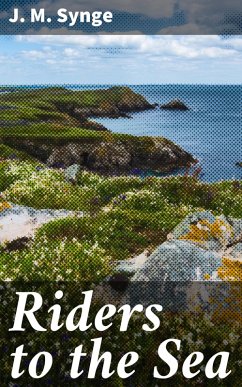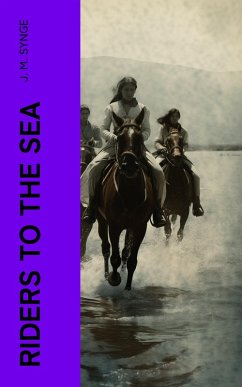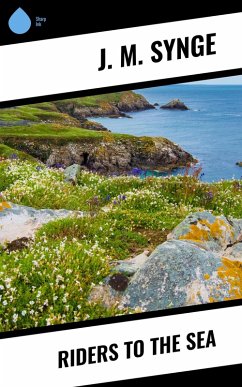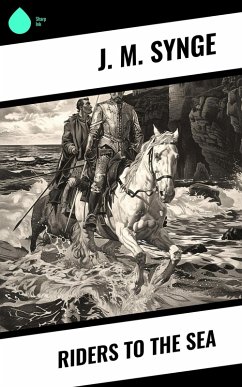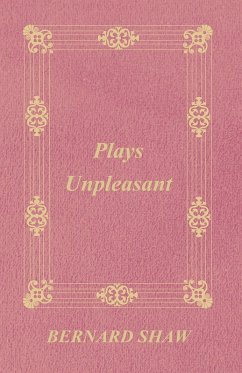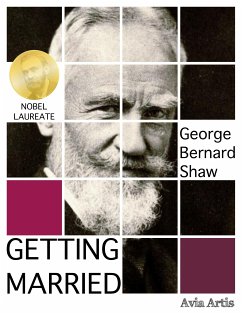
Riders to the Sea (eBook, ePUB)
Versandkostenfrei!
Sofort per Download lieferbar
0,49 €
inkl. MwSt.
Weitere Ausgaben:

PAYBACK Punkte
0 °P sammeln!
In "Riders to the Sea," J. M. Synge crafts a poignant one-act play that delves into the harsh realities of life on the Aran Islands. Through lyrical dialogue and stark imagery, Synge depicts the struggles of a family beset by the relentless forces of nature and fate. The play explores themes of grief, loss, and the inevitable pull of the sea, which serves both as a life source and a grim adversary. Synge's use of the Irish dialect enriches the narrative, capturing the authenticity of rural Irish life and immersing the audience in the cultural context of the early 20th century. As a prominent f...
In "Riders to the Sea," J. M. Synge crafts a poignant one-act play that delves into the harsh realities of life on the Aran Islands. Through lyrical dialogue and stark imagery, Synge depicts the struggles of a family beset by the relentless forces of nature and fate. The play explores themes of grief, loss, and the inevitable pull of the sea, which serves both as a life source and a grim adversary. Synge's use of the Irish dialect enriches the narrative, capturing the authenticity of rural Irish life and immersing the audience in the cultural context of the early 20th century. As a prominent figure in the Irish literary revival, Synge was deeply influenced by his travels to the Aran Islands and his engagement with the local inhabitants and their traditions. His appreciation for the vernacular language and the complexities of rural existence is vividly reflected in this work. Personal experiences of witnessing the impact of the sea on people's lives arguably informed the heartfelt narrative of "Riders to the Sea," making it a quintessential expression of human resilience amidst despair. Scholars and theatre enthusiasts alike will find "Riders to the Sea" an essential addition to their collections, as it embodies the spirit of Irish drama while confronting universal themes of mortality and belonging. Engaging, evocative, and tragically beautiful, this play captures the essence of Synge's mastery, inviting readers to reflect on the fragility of life and the pull of the natural world.
Dieser Download kann aus rechtlichen Gründen nur mit Rechnungsadresse in A, B, BG, CY, CZ, D, DK, EW, E, FIN, F, GR, H, IRL, I, LT, L, LR, M, NL, PL, P, R, S, SLO, SK ausgeliefert werden.




